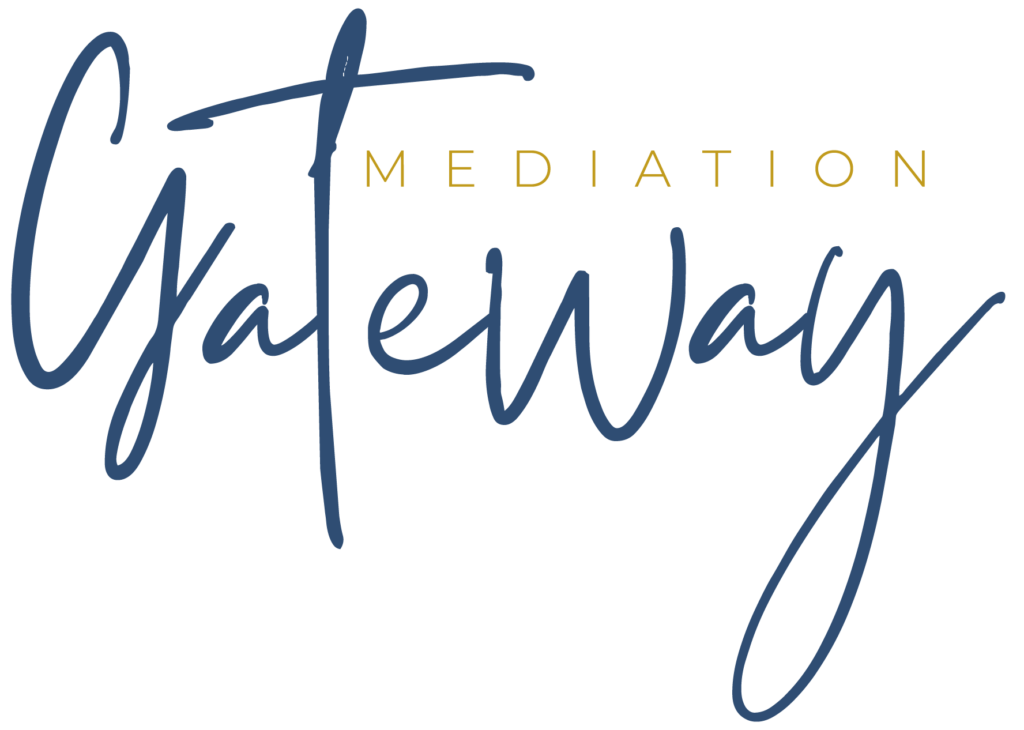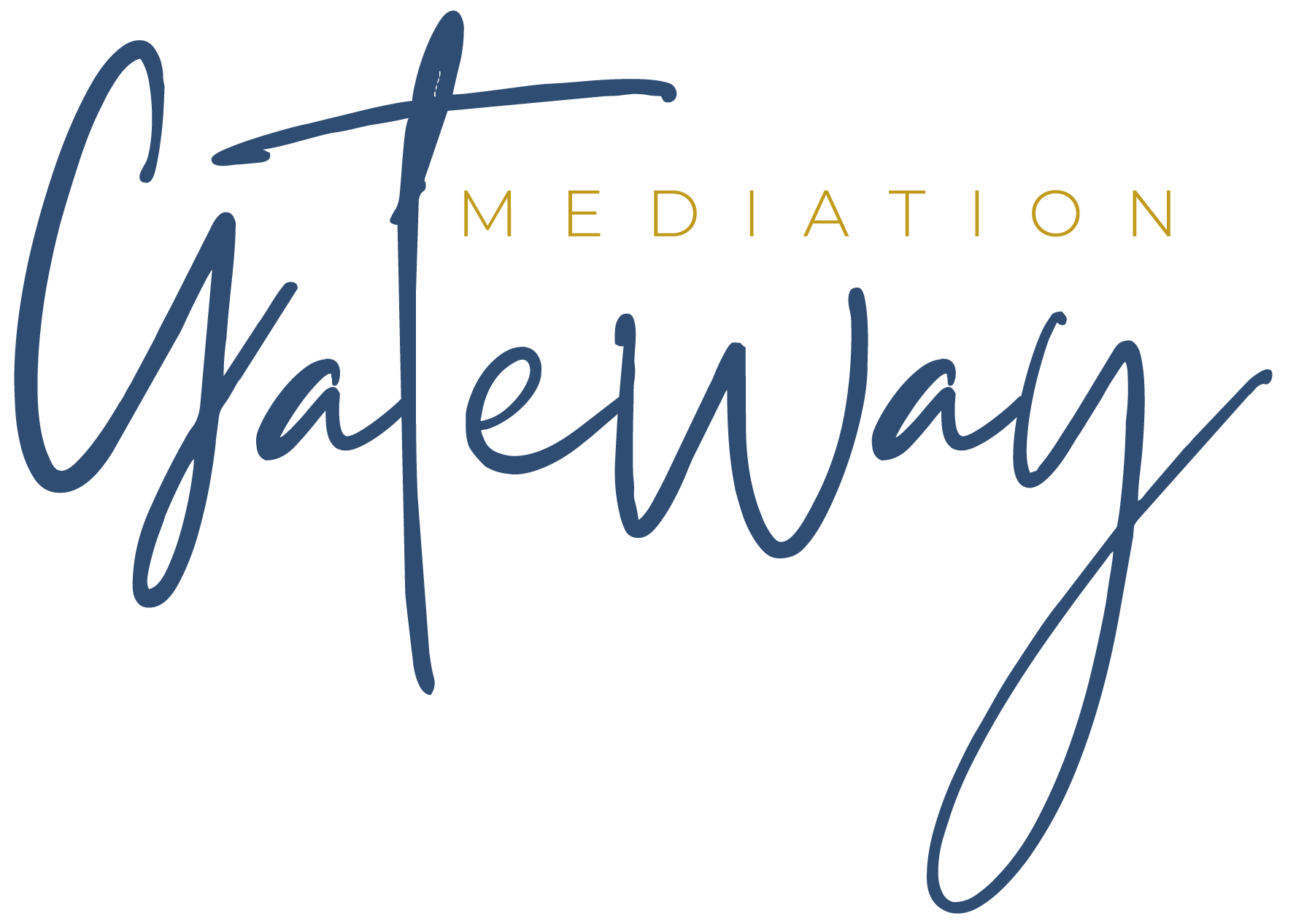Gateway Mediation Process

Mediation is a voluntary process where all parties have the right to a fair and equitable resolution. It relies on the active participation and consent of both parties. The mediator facilitates communication, helps clarify issues, and guides the parties toward a mutually acceptable agreement but does not impose a decision. The respect for each party’s autonomy and the aim for a balanced, fair outcome are fundamental aspects of effective mediation.
Our approach
Gateway Mediation stands out for its unwavering commitment to professional and ethical standards. We prioritize the safety of all parties involved and uphold the strictest levels of confidentiality and privacy for our clients. This commitment ensures that you can trust in the security and integrity of our service.
A mediation process is outlined in three stages:
- The pre-mediation stage meeting and data information collection from both parties are needed to establish a balanced understanding of the matters.
- The active mediation process involves the specific parties engaging in a mediated session.
- The post-mediation process involves the resolution of the best alternative to a negotiated agreement sign-off between the parties.
Time & Billing
Estimated time and billing for a standard mediation process: 6-hour blocks of advanced billing at 2,500,000.00 IDR per hour. 15,000.000.00 IDR package is invoiced to the clients for payment before commencing.
The mediation sessions are split into three billing parts
- 2 hours of individual client meetings.
- 2-hour mediation active session.
- 2 hours of post-mediation review recommendation and report.
- Additional hours are client-approved based on the nature of the parties mediated and resolution needs.
The mediation process
- Gathering Data: The mediator meticulously collects relevant information from both parties to understand the context and specifics of the dispute. This thorough process, which may involve reviewing documents, statements, or other pertinent data, ensures a comprehensive understanding of the situation and demonstrates the mediator’s professionalism and dedication, providing you with a sense of reassurance about the thoroughness of our approach.
- Gaining Individual Information and Perspective: At Gateway Mediation, we understand the importance of individual perspectives. We meet with each party separately, allowing them to express their concerns, interests, and viewpoints privately, ensuring they feel respected and heard.
- Setting the Scene & Mediation Approach: After the mediator has met with the parties, they will determine the best mediation approach tailored to each party’s dynamics and communication styles. The mediator, leveraging their expertise and experience, works with the parties together or individually to establish an agreement.
- Facilitative Mediation Process: The mediator facilitates discussions between the parties, helping them communicate effectively by setting their agenda, exploring options, finding solutions, breaking through, negotiating and setting out a mutual understanding, and working to formulate a resolution plan. The mediator’s role is to assist in problem-solving, ensure that each party’s roles and responsibilities are clear and understood, and support open communication.
- Post-Mediation Process: After reaching a conciliatory understanding, the mediator helps the parties draft a separation agreement or parenting plan, if applicable. This plan outlines the agreed-upon terms and provides a framework for implementation. The mediator may also assist in setting up follow-up sessions if the parties need it. Each stage aims to build understanding, foster communication, and relieve the parties of their discomfort to reach their individual and mutually acceptable resolution designed to bring harmony, balance, peace, acceptance, and the best outcome possible. As we aspire to foster openness and collaboration, we cannot always reach and meet mutual expectations.
*Note to participants: When we are in dispute /conflict, the natural human response is to protect self-preservation; our value belief systems form the fabric of who we are. Dispute/conflict challenges and triggers our unique individual narratives. We become reactive and retract, withdraw, or close any openness to the other party. Our ability to communicate effectively is eroded as we try to maintain composure and control of our safety, health, and well-being. Uncertainty and insecurity are a natural cycle in our new norm. We naturally exhibit loss and grief; we feel fear, stress, anxiety, anger, and frustration, and we blame ourselves and transfer our behaviors to the other party; we struggle to unwind and separate ourselves objectively from the dynamics of a relationship. It’s all part of the unfolding human condition in dispute/conflict.

